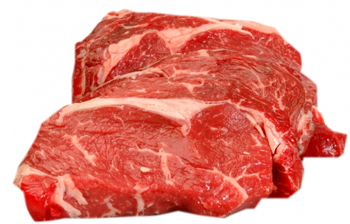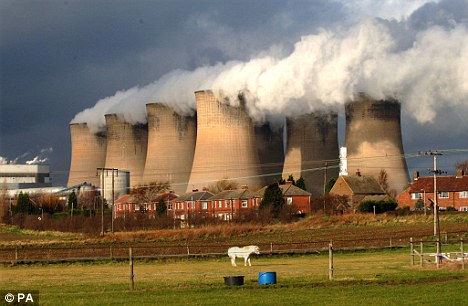 Burning left-over food and supermarket waste to provide energy sounds like a good idea writes Julia Stephenson. Wind farms, nuclear generators and coal powered gas stations are controversial so anything that can create energy out of rubbish is a great idea. Isn’t it?
Burning left-over food and supermarket waste to provide energy sounds like a good idea writes Julia Stephenson. Wind farms, nuclear generators and coal powered gas stations are controversial so anything that can create energy out of rubbish is a great idea. Isn’t it?
Yet the news that that Tesco is sending 5,000 tons of leftover meat a year to be burned to generate electricity for homes created shock waves with vegetarians and meat eaters alike. It seems that green washing has reached a new low.
61 billion farm animals slaughtered worldwide for meat in 2008. Most of these animals were factory farmed and endured years of misery before being transported long distances to industrial abattoirs. Even the staunchest carnivore must think this is a ludicrous and extravagant state of affairs when there are so many other waste products that can just as successfully be turned to fuel.
Justin Kerswell, campaigns manager for Viva (Vegetarians International Voice for Animals), said: 'It's a sad indictment of modern life that not only hundreds of millions of animals are killed each year in the UK, but so much meat is left over from greed and indifference. To turn this wasted meat into power might seem like a good idea at first, but you have to ask yourself why is so much left over and why are so many animals dying to provide this excess?'

'Surely killing fewer animals in the first place should be the aim'.
'Whatever savings are made by turning this meat into energy is more than voided by the huge amount of greenhouse gases generated by the farming and production of the meat in the first place. Tesco should take a long hard look at its wasteful practices.'
The meat and other food waste is processed in biomass-to-energy plants which turn waste food into biofuel and then use that to produce renewable electricity.
Britain lags behind other European countries in the use of this ' anaerobic digestion' conversion, but major supermarkets are aiming to drastically reduce the waste sent to landfill. However despite their lofty aims I’m always struck by the amount of unnecessary packaging still used.
Tesco, the UK's biggest retailer, said this week that it had succeeded in diverting all of its annual 531,000 tons of waste away from landfill.
Sainsbury's are also running a zero landfill scheme in which food waste will be sent to anaerobic digestion plants.
While this is laudable, wouldn't it be easier to produce less food in the first place if it's only going to end up in an incinerator?
A 2008 survey by the waste organization Wrap, found that we collectively throw away 6.7 tonnes of food each year - this is one quarter of all the food we buy. So if we were thriftier we wouldn't have to grow so much food in the first place. Thus we'd need less land to grow it on, and hence cut down fewer trees; we'd use less water to irrigate that land and less carbon to transport and process the food it produces. If we didn't chuck out so much, there would be more food available, which means fewer people in the world would go hungry.
Another way of using perfectly good surplus supermarket stock would be to redistribute it. Giving away surplus food is a well-established practice among US supermarkets and many towns have `food banks' where the homeless can take what they want. In Britain, producers have been much slower catching on to the idea, and until recently redistribution was only ever undertaken on a piecewmeal basis - shops and restaurants allowing the homeless to take away unsold items at the end of the day, for example.
Freegans, most of whom enjoy a good balanced diet based on foraging in supermarket bins, have also highlighted the amount of good food being thrown away.
Best to opt out of the supermarket stranglehold and buy local food at farmer's markets, order a weekly farm box and grow some of your vegetables. Don't follow sell by dates too slavishly, if it smells and looks OK, chances are it is.
Relying on supermarkets to do the right thing seems a very risky business. While they may promise the earth they are often happy to destroy it in the name of profit.
